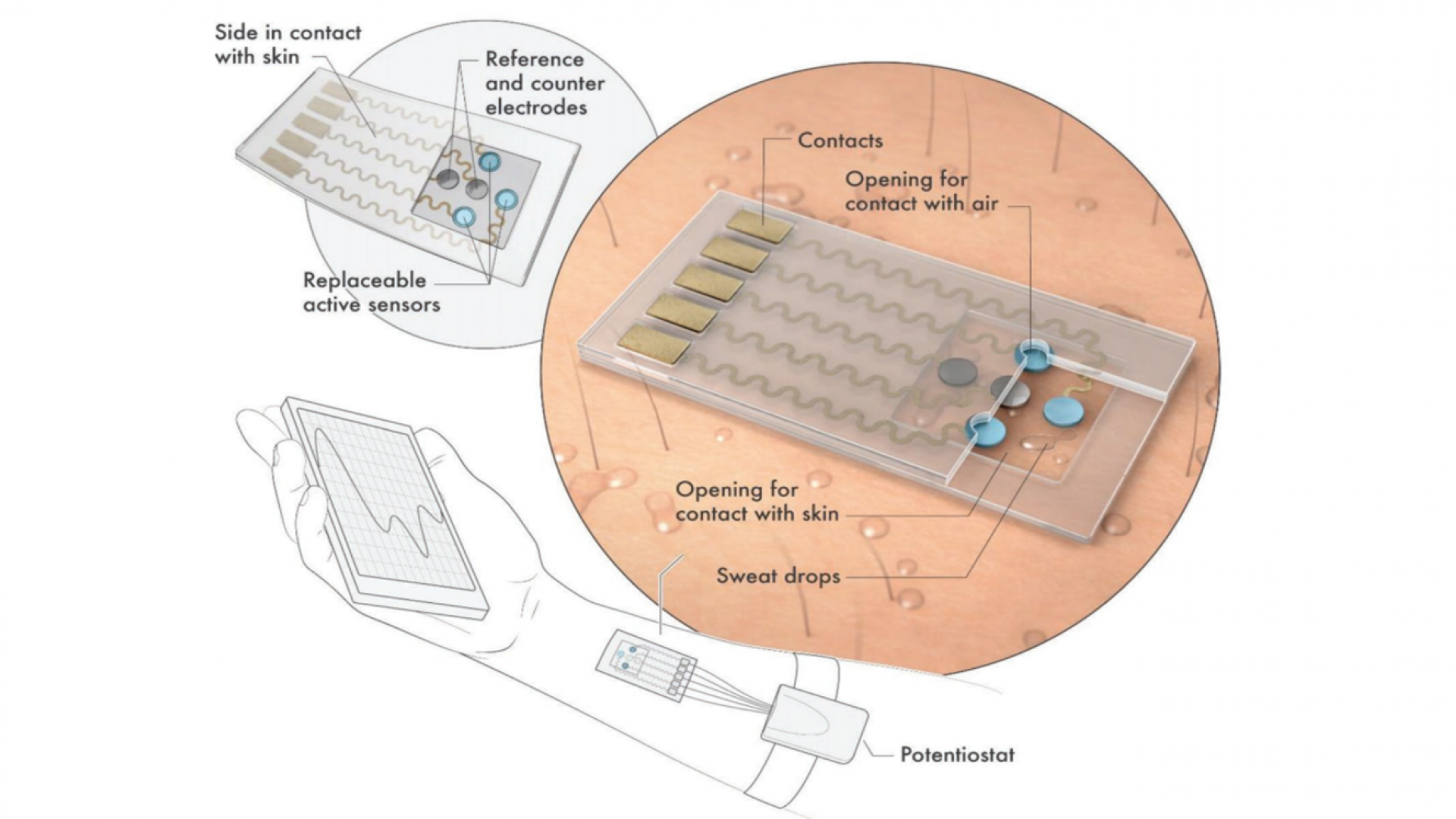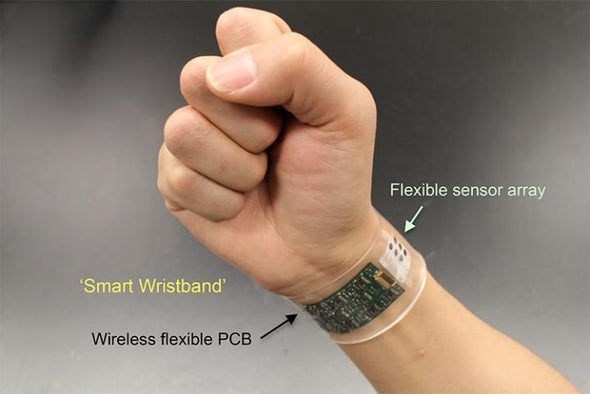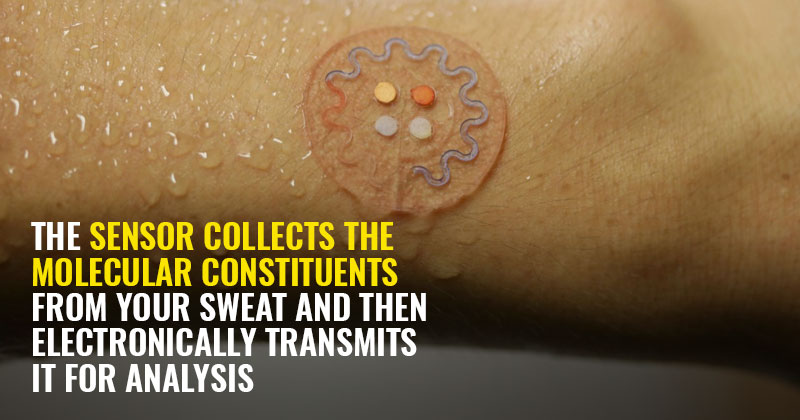Sweat analysis is a process that involves the collection and examination of perspiration in order to gain insight into the health and well-being of an individual. This type of analysis can be performed for a variety of reasons, including the diagnosis and treatment of medical conditions, the monitoring of athletic performance, and the detection of drugs or other substances in the body.
The composition of sweat is determined by various factors, including diet, physical activity, and overall health. As a result, sweat analysis can provide valuable information about an individual's physical and emotional state. For example, the presence of certain hormones in sweat can indicate the presence of a particular medical condition, such as diabetes or hyperhidrosis. Similarly, the levels of electrolytes and other minerals in sweat can provide insight into an individual's hydration status and help to optimize athletic performance.
Sweat analysis can be performed through a variety of methods, including the use of specialized patches or sensors that are placed on the skin to collect sweat, or the collection of sweat through more traditional means, such as wiping a cloth across the skin. Once collected, the sweat is typically analyzed using a variety of techniques, including spectrophotometry, chromatography, and mass spectrometry.
One of the primary benefits of sweat analysis is its non-invasive nature. Unlike blood or urine analysis, which require the collection of bodily fluids through more invasive means, sweat analysis can be performed without the need for needles or other instruments. This makes it a particularly attractive option for individuals who are uneasy about more invasive medical procedures.
Sweat analysis is also relatively quick and easy to perform, making it a convenient option for individuals who need to undergo regular testing. In addition, sweat analysis can be performed on a wide range of individuals, including athletes, newborns, and elderly individuals, making it a versatile tool for monitoring health and well-being.
Overall, sweat analysis is a valuable tool for the diagnosis and treatment of medical conditions, the monitoring of athletic performance, and the detection of drugs or other substances in the body. Its non-invasive nature, convenience, and versatility make it a popular choice for individuals looking to gain insight into their health and well-being.







